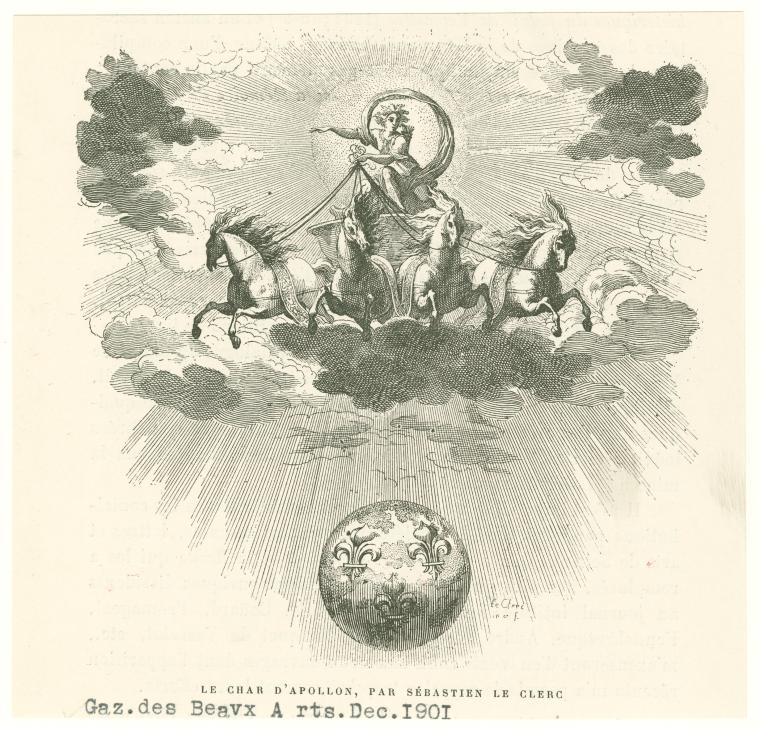Ah, the ad hominem! You cover a multitude of sins! You are the prison shank of argumentation. How often in the past have I called your name in my darkest hour and, through you, snatched victory from the jaws of defeat?
Ad hominem, or name calling, is the refuge of the desparate. At least it is for me. Sometimes a discussion turns into an argument, and sometimes and argument turns into a loosing proposition because either I know that I'm wrong or I know that I'm right but I can no longer think straight. At those times I instinctively grope for the ad hominem, and it's always handy.
Once I had a formal debate with another teacher in order to show students how it's done. The subject was robots. I was for and he was against. Positions had been assigned by lot.
Now this guy is brilliant. He is a legitimate genius and he's good at debate. I knew I was going to lose. My ace in the hole, however, was that our audience (who would vote to determine the victor) was composed of naive high school students.
I did well enough until both of us had fleshed out our points, and then things turned bad. I don't remember the exact phrasing of the tit for tat, but if we had been boxing you might say he stunned me with an uppercut and then delivered combination after combination before I had recovered. My vision narrowed. My knees wobbled. I was going down.
Then, on the silliest, most abstract line of reasoning possible, I managed to "prove" that my opponent was a communist. Why communist? Because in my 2nd period class we had just covered the Red Scare, so he was a communist. If we had just covered the Boxer Rebellion I might have called him an Imperialist.
After that it didn't matter what he said. The kids were laughing at my jokes. I had turned a far superior opponent into an object of ridicule. I "won."
When the dust settled and the votes were tallied my friend smiled and took the class through my reasoning, and proved beyond any doubt that I didn't know what I was talking about. They were stunned.
"He's right," I said. "I used ad hominem. It was a dirty trick. He won that debate on the merits. I appealed to your emotions, not your reason."
We're still great friends, and he certainly didn't hold anything against me. In fact he complimented me on my audacity, and he said that together we taught the kids something about critical thinking. That's a stoic, friends.
Something that I really appreciate about stoics online is that we call each other out for fallacious thinking. You don't see that much in mainstream media. You don't see pundits calling out straw man attacks or pointedly admonishing their opponents for committing the "no true Scotsman" fallacy.
It might be a more enlightened world if they did. I know that being singled out for fallacious thinking has made me calmer and more measured when in conflict. I don't want to get caught out and embarrassed. I study philosophy, for heaven's sake!
Try this next time somebody launches a name calling attack against you: don't say a word. Understand that your opponent doesn't have anything sensible to throw your way, or they'd be throwing it. Wait for the terrible silence to fall. Let them prompt you into speaking.
"Well?" they might ask, a little baffled. They're confused; this isn't normally how these things go.
"Will you let me speak without interrupting? If not then this is a waste of our time."
They will or they won't. Either way is fine. You still win.
He who gets angry first loses.
More importantly, if you manage to calm them down and you get them to listen, even though they probably won't agree with you, you may plant a seed in their minds that might bear fruit later. If you do it with kindness and a smile you might even be friends down the road. Sometimes you might even get a reasonable reply, and sometimes you might realize that they had the better point all along.
I know that this strategy can work because it worked on me. I am now very suspicious of robots.


![[The Fates, attributed here to Michelangelo.]](http://images.nypl.org/index.php?id=1623810&t=w)

